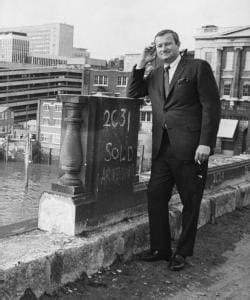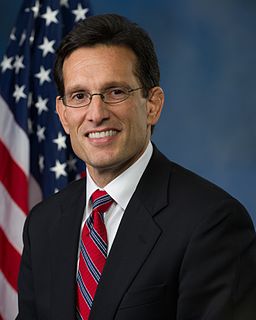A Quote by Margaret MacMillan
Political orientation is unimportant in populism because it does not deal in evidence or detailed proposals for change but in the manipulation of feelings by charismatic leaders.
Related Quotes
The Republicans have put together serious detailed counter-proposals when we have objected to this administration's agenda. And so, I want to tell the President and remind him again, we're not voting no for political expediency. We've got our principles, and we're going to stand up and defend those.
When you're dealing with a problem as complex as autism, you have to look at it from many different points of view and assemble evidence from many different vantage points. Biological evidence in humans and in animals, toxicologic evidence, how does the body deal with toxins, and evidence looking at the actual experience in populations.
But feelings, no matter how strong or “ugly,” are not a part of who you are. They are the radio stations your mind listens to if you don’t give it something better to do. Feelings are fluid and dynamic; they change frequently. Feelings are something you HAVE, not something you ARE. Like physical beauty, a cold sore, or an opinion. Admitting you feel rage or terrible pain or regret or some old, rotten blame does not mean these feelings are part of who you are as a person. What these feelings mean is, you have to change your thinking to be free of them.







































